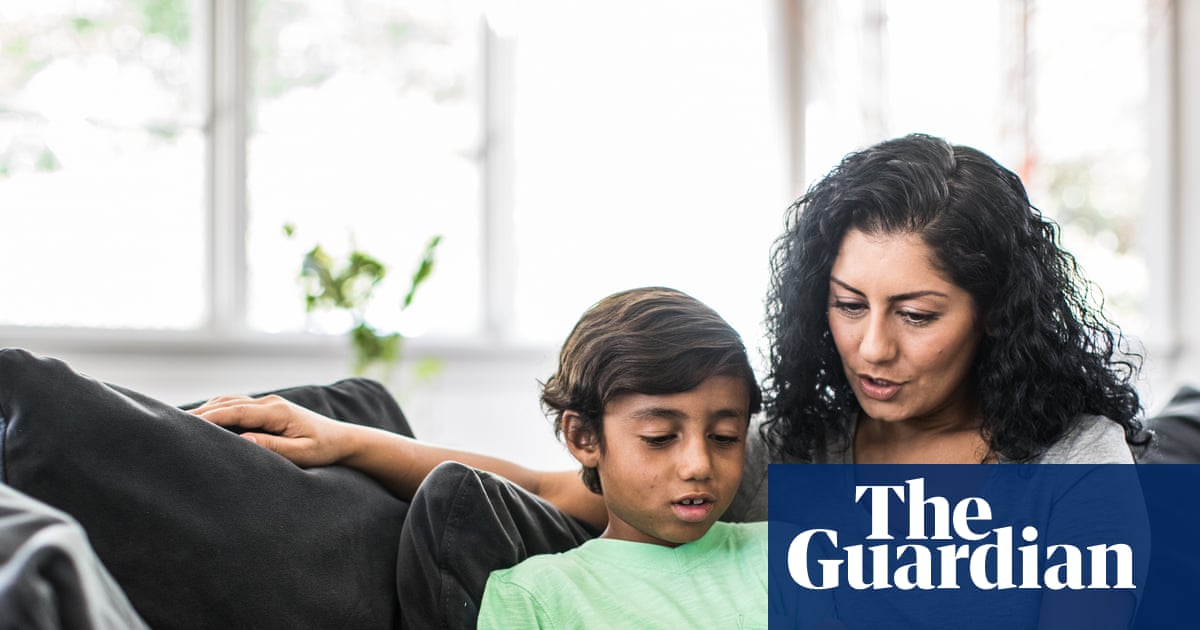
"When rightwing commentator Charlie Kirk was killed last month, footage of his shooting spread rapidly across social media. Today, anyone with a smartphone can access gruesome videos and images as well as troves of misinformation. Though some experts have been sounding the alarm about the potential harm of smartphones on children and teen's mental health, the fact is most young people still have access to phones and the often disturbing content that flows out of them."
"First, find out what they already know or have heard. Kids are overhearing things at school and seeing snippets on social media, so it's important that you know what they have heard. You can dispel any misconceptions with some clear facts. Look online together, to model balanced consumption of information. Once you've filled in some basics, ask if they have any questions. Then, ask how they are feeling about it."
Smartphones make gruesome videos, images, and streams of misinformation widely accessible to young people, many of whom still have phone access. Adults should first determine what children have already heard, correct misconceptions with clear facts, and model balanced information consumption by looking online together. Adults should invite questions and ask children how they feel about upsetting content. Children typically worry about personal safety, whether caregivers will protect them, and how events will affect their daily lives. Conversations about bad news should address these core concerns and provide reassurance about safety and care.
Read at www.theguardian.com
Unable to calculate read time
Collection
[
|
...
]